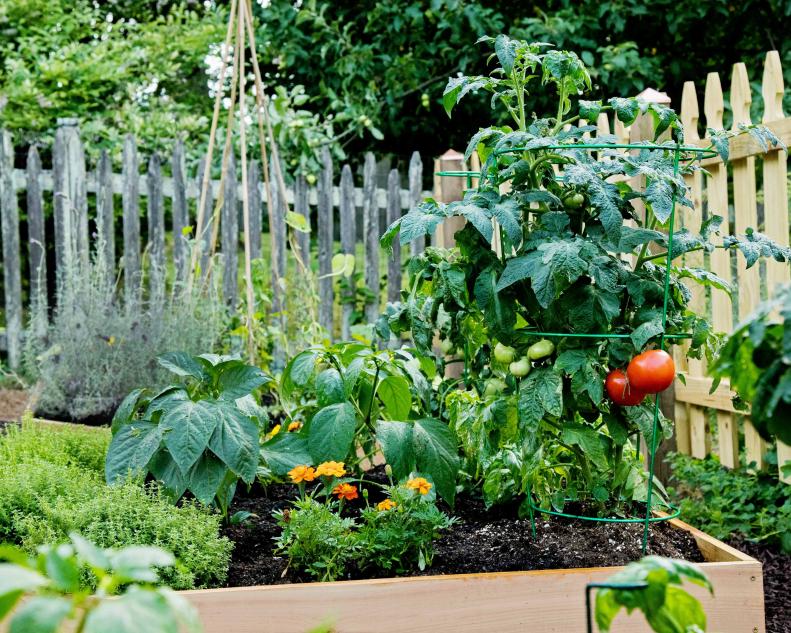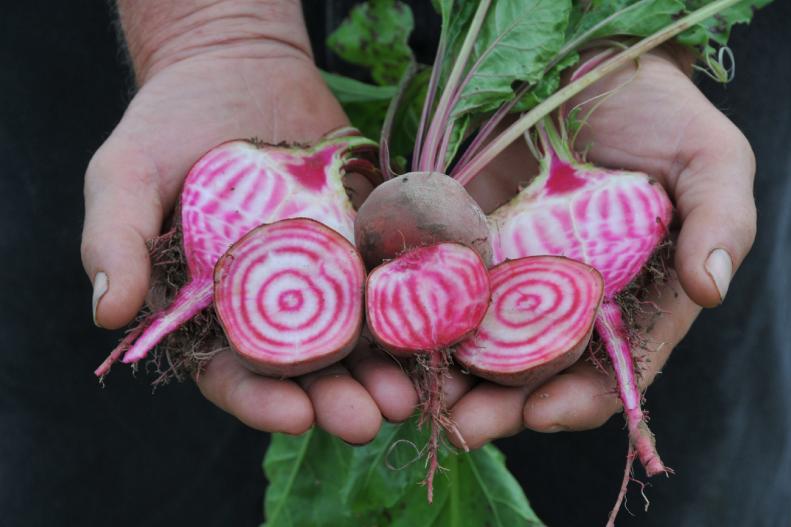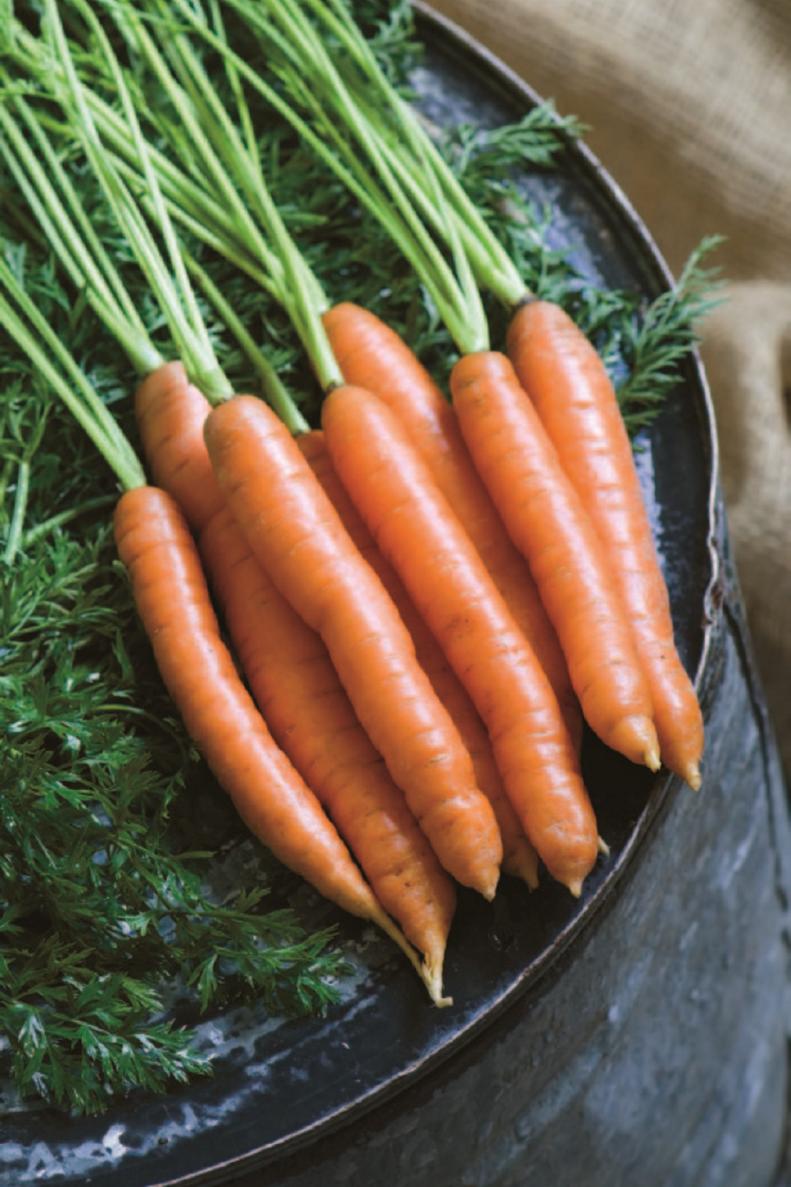1 / 16
Photo: Shain Rievley
What is Companion Planting?
Companion planting is all about diversifying what's grown in a vegetable garden to boost plant health and reduce potential problems with pests and diseases. When flower, herb and veggie "companions" are grown alongside vegetables in healthy soil, the vegetable crops often grow better with fewer issues and less need for insecticides or chemical fertilizers. Learn about specific companion plants and companion planting techniques known to benefit your favorite crops, including tomatoes, peppers, squash, onions and more.









